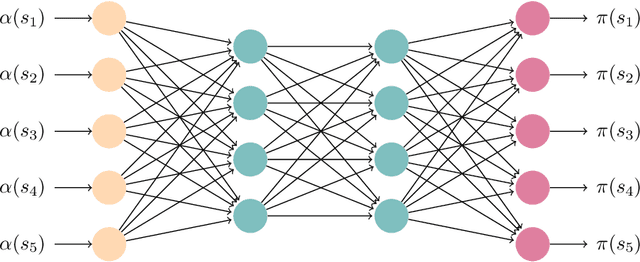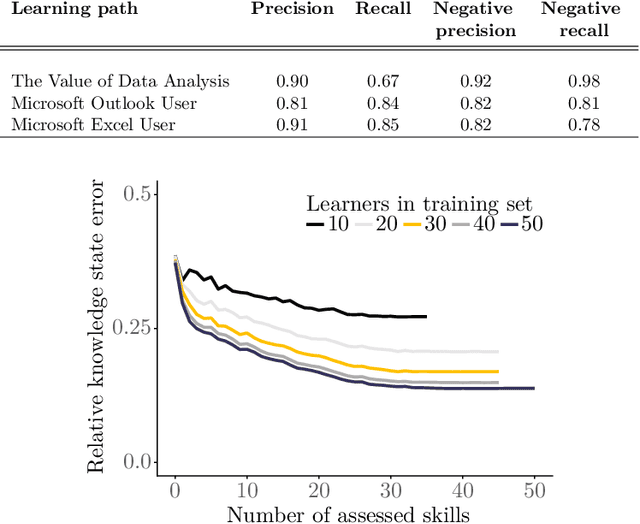Julian Rasch
Designing Intent: A Multimodal Framework for Human-Robot Cooperation in Industrial Workspaces
Jun 18, 2025Abstract:As robots enter collaborative workspaces, ensuring mutual understanding between human workers and robotic systems becomes a prerequisite for trust, safety, and efficiency. In this position paper, we draw on the cooperation scenario of the AIMotive project in which a human and a cobot jointly perform assembly tasks to argue for a structured approach to intent communication. Building on the Situation Awareness-based Agent Transparency (SAT) framework and the notion of task abstraction levels, we propose a multidimensional design space that maps intent content (SAT1, SAT3), planning horizon (operational to strategic), and modality (visual, auditory, haptic). We illustrate how this space can guide the design of multimodal communication strategies tailored to dynamic collaborative work contexts. With this paper, we lay the conceptual foundation for a future design toolkit aimed at supporting transparent human-robot interaction in the workplace. We highlight key open questions and design challenges, and propose a shared agenda for multimodal, adaptive, and trustworthy robotic collaboration in hybrid work environments.
* 9 pages
A Vision for AI-Driven Adaptation of Dynamic AR Content to Users and Environments
Apr 23, 2025Abstract:Augmented Reality (AR) is transforming the way we interact with virtual information in the physical world. By overlaying digital content in real-world environments, AR enables new forms of immersive and engaging experiences. However, existing AR systems often struggle to effectively manage the many interactive possibilities that AR presents. This vision paper speculates on AI-driven approaches for adaptive AR content placement, dynamically adjusting to user movement and environmental changes. By leveraging machine learning methods, such a system would intelligently manage content distribution between AR projections integrated into the external environment and fixed static content, enabling seamless UI layout and potentially reducing users' cognitive load. By exploring the possibilities of AI-driven dynamic AR content placement, we aim to envision new opportunities for innovation and improvement in various industries, from urban navigation and workplace productivity to immersive learning and beyond. This paper outlines a vision for the development of more intuitive, engaging, and effective AI-powered AR experiences.
Knowledge State Networks for Effective Skill Assessment in Atomic Learning
May 17, 2021



Abstract:The goal of this paper is to introduce a new framework for fast and effective knowledge state assessments in the context of personalized, skill-based online learning. We use knowledge state networks - specific neural networks trained on assessment data of previous learners - to predict the full knowledge state of other learners from only partial information about their skills. In combination with a matching assessment strategy for asking discriminative questions we demonstrate that our approach leads to a significant speed-up of the assessment process - in terms of the necessary number of assessment questions - in comparison to standard assessment designs. In practice, the presented methods enable personalized, skill-based online learning also for skill ontologies of very fine granularity without deteriorating the associated learning experience by a lengthy assessment process.
 Add to Chrome
Add to Chrome Add to Firefox
Add to Firefox Add to Edge
Add to Edge